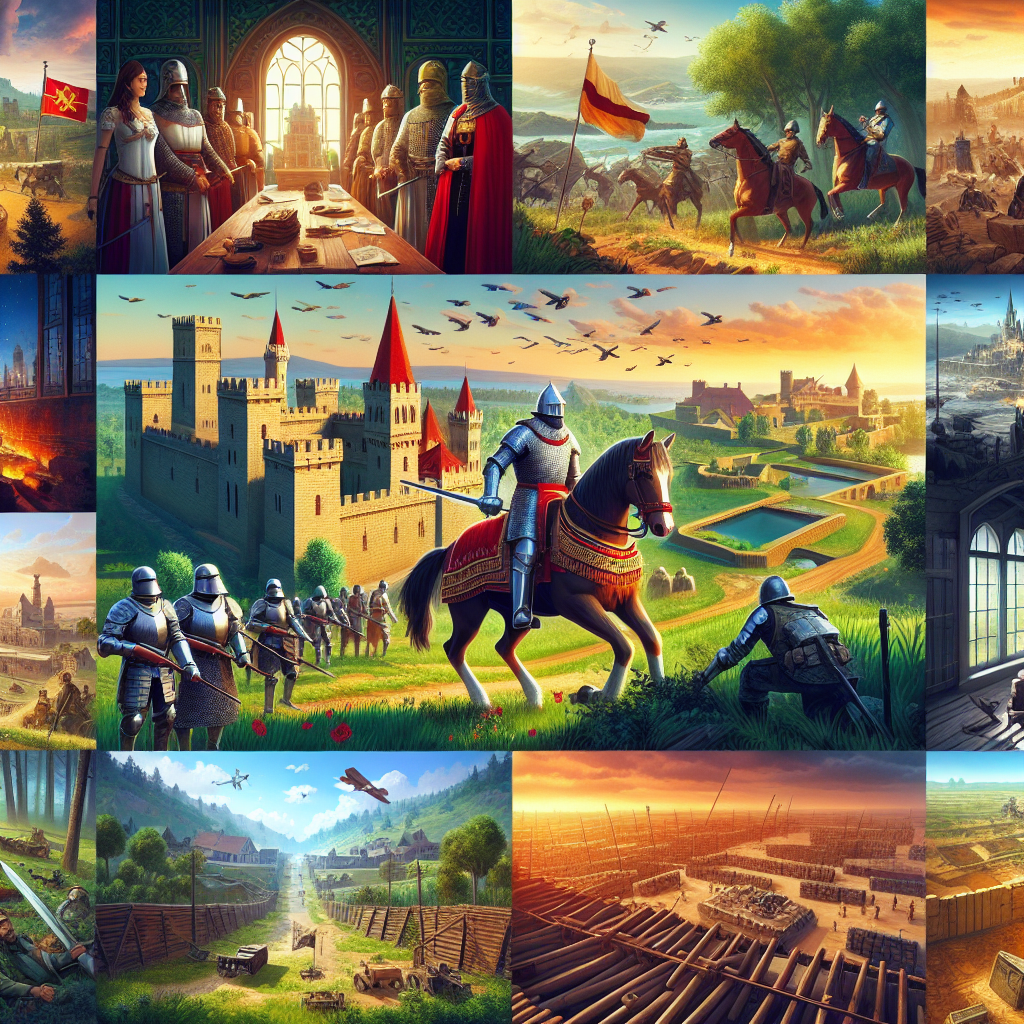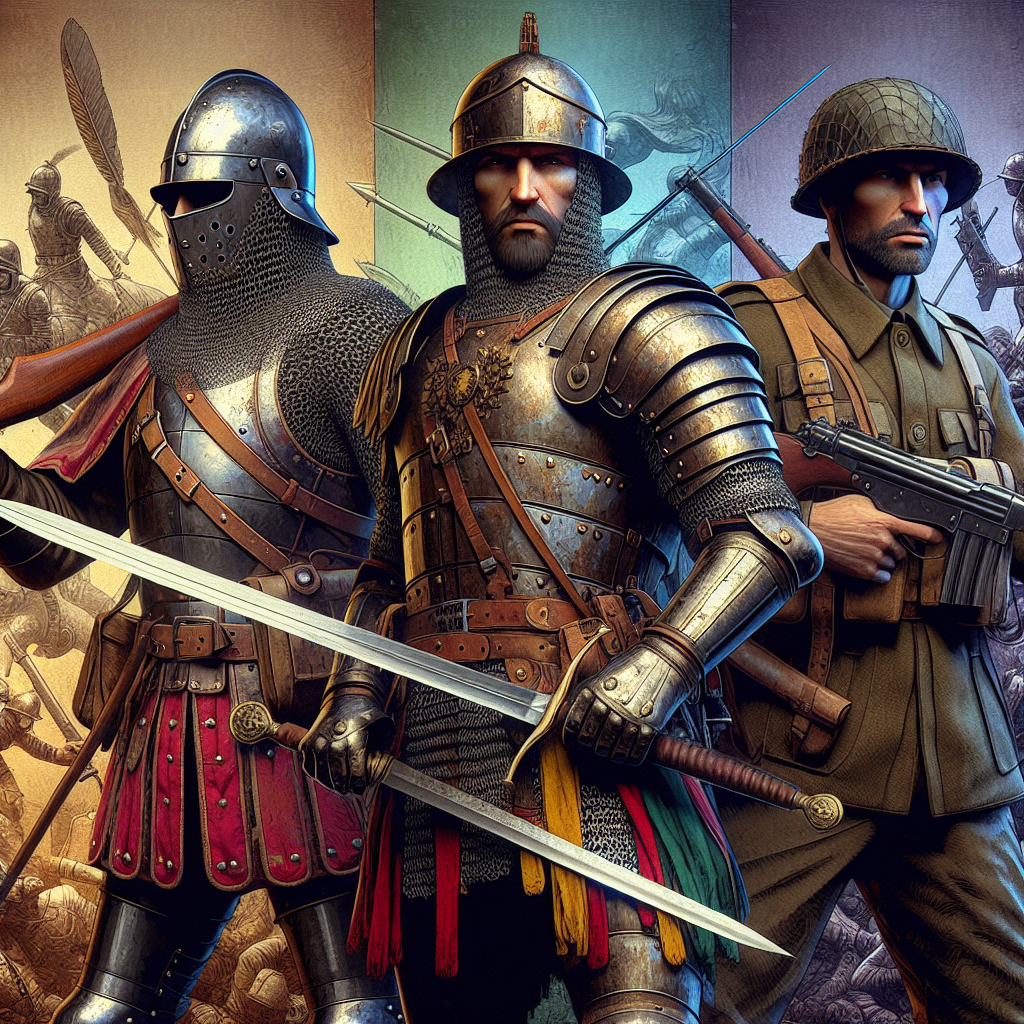In the realm of gaming, the question arises: can historical accuracy in games truly enhance game immersion? The answer is a resounding yes. When games incorporate authentic historical elements, they not only entertain but also educate players, creating a deeper connection to the narrative.
The Power of Authenticity
Historical accuracy in games provides a sense of realism that captivates players. By immersing players in accurately represented settings, characters, and events, developers can evoke genuine emotions and responses. For instance, games like “Assassin’s Creed” and “Total War” series are known for their meticulous attention to historical details. These titles transport players back in time, allowing them to experience significant historical moments firsthand.
Moreover, the authenticity of the environment plays a crucial role in enhancing immersion. Players can explore cities that resemble their real-life counterparts, complete with landmarks, architecture, and cultural nuances. This level of detail not only enriches the gameplay experience but also fosters a greater appreciation for history.
Engaging Narratives Through Historical Context
Incorporating historical accuracy in games can lead to more engaging narratives. When players are presented with stories rooted in real events, they are more likely to become invested in the outcome. History is filled with dramatic events, conflicts, and triumphs that can provide a rich backdrop for storytelling. Games that utilize these elements can create compelling narratives that resonate with players on a deeper level.
For example, “Valiant Hearts: The Great War” tells the story of World War I through the eyes of characters affected by the conflict. By intertwining personal stories with historical facts, the game enhances emotional engagement, making players feel the weight of history.
Challenges and Considerations
While historical accuracy can enhance immersion, it is essential to balance authenticity with gameplay. Developers must consider whether strict adherence to historical facts might compromise the fun or fluidity of the game. In some cases, creative liberties may be necessary to maintain player engagement without distorting the essence of historical events.
Additionally, the portrayal of sensitive historical topics requires careful consideration. Developers must approach these subjects with respect to avoid misrepresentation or insensitivity. Striking the right balance between historical accuracy in games and gameplay mechanics can be a challenging yet rewarding endeavor.
In conclusion, historical accuracy in games undoubtedly enhances game immersion by providing players with authentic experiences, engaging narratives, and a deeper connection to history. As the gaming industry continues to evolve, the integration of historical elements will likely play a crucial role in shaping future gaming experiences. Players can look forward to more immersive journeys through time, where the past comes alive in vivid detail.
Some content and/or images on this page were created using AI.





